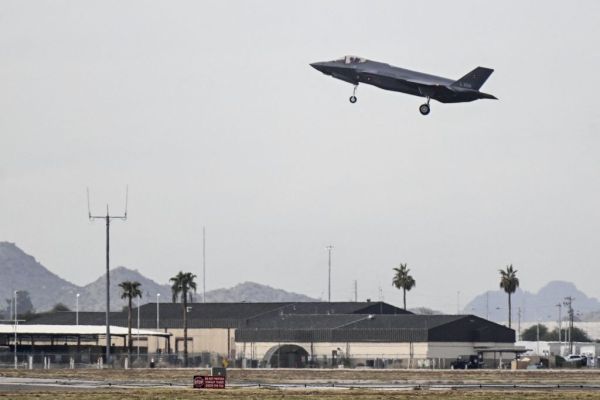Rumors of a second Cuban Missile Crisis spread online last week after Russian military vessels passed close to Florida on their way to training exercises in the Caribbean. Military mobilization claims found ground again this weekend after the House of Representatives voted to make changes to the Military Selective Service Act.
“ALL MEN (18-26) have been AUTOMATICALLY REGISTERED in the US military🇺🇸🇺🇸🫡🫡‼️‼️ Y’all can thank the House of Reps who passed it overnight 🥲,” one Facebook post with more than 23,000 shares stated. “Now you get to fight and die in a war to protect the Biden family’s money laundering. Enjoy! 🇺🇸,” said a post on Instagram with more than 171,000 likes.
The posts are misleading. A bill that would automatically register young men for selective service did pass in the House last week, but men have been required by law to register for the draft for more than 75 years. Failure to register is a felony offense and can be punished with a fine of up to $250,000 and/or five years imprisonment.
The Military Selective Service Act—first passed in June 1948—already requires every male citizen of the U.S. between the ages of 18 and 26 to “present himself for and submit to registration” for selection into the armed services in the event a military draft is conducted. This mandatory registration does not happen automatically. Many men opt to register for the selective service when applying for a driver’s license, but registration can also be done online or via a mailed form. Last Friday, the House of Representatives passed a version of the National Defense Authorization Act (NDAA) that would change this registration process, making selective service registration automatic. Rep. Chrissy Houlahan, a Democrat who co-sponsored the provision, said automation would improve military readiness and make the selective service more equitable by ensuring all men are registered.
This selective service provision was only a small part of the much larger NDAA. The legislation is passed each fiscal year and “authorizes funding levels and provides authorities for the U.S. military and other critical defense priorities, ensuring America’s forces have the training, equipment, and resources they need to carry out their missions,” according to an executive summary of the bill prepared by the Senate Committee on Armed Services.
The NDAA passed the House mostly along party lines in a 217-199 vote, but it’s unlikely to be given serious consideration in the Senate. “Unsurprisingly, the legislation coming out of the House today is loaded with anti-LGBTQ, anti-choice, anti-environment, and other divisive amendments guaranteed not to pass the Senate,” Majority Leader Chuck Schumer said in a statement on Friday. “As we move forward with this year’s NDAA process, both sides will have to work together to pass bipartisan legislation that honors and respects all who serve in defense of our nation.”
Military conscription has occurred in the U.S. since at least the Revolutionary War, when states implemented drafts as voluntary enlistments declined. The country ordered its first peacetime conscription in the years before entering the Second World War, with more than 10 million men eventually conscripted. No U.S. military draft has taken place since 1973, during the Vietnam War.
If you have a claim you would like to see us fact check, please send us an email at factcheck@thedispatch.com. If you would like to suggest a correction to this piece or any other Dispatch article, please email corrections@thedispatch.com.










Please note that we at The Dispatch hold ourselves, our work, and our commenters to a higher standard than other places on the internet. We welcome comments that foster genuine debate or discussion—including comments critical of us or our work—but responses that include ad hominem attacks on fellow Dispatch members or are intended to stoke fear and anger may be moderated.
With your membership, you only have the ability to comment on The Morning Dispatch articles. Consider upgrading to join the conversation everywhere.